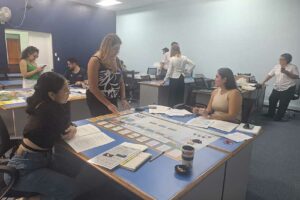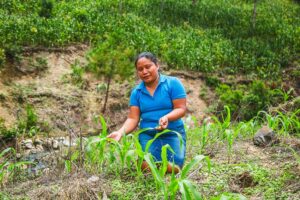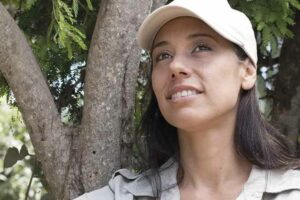CATIE will participle in the Climate Week in Panama with success stories that promote sustainable livestock farming
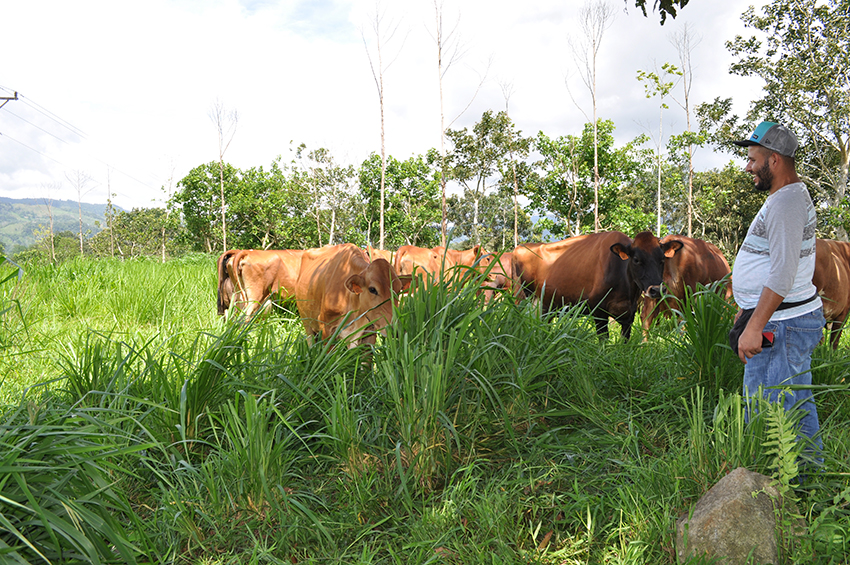
- A side event during the Latin American and Caribbean Climate Week will be held on October 24, focusing on the sustainable transformation of livestock farming in the Central American Integration System (SICA).
October 18, 2023. As part of the Latin America and the Caribbean Climate Week, set to take place from October 23rd to 27th in Panama, the Tropical Agricultural Research and Higher Education Center (CATIE) will participate in the parallel event Transforming Livestock Production in the Central American Integration System (SICA) Region. Transformando la Producción Ganadera en la Región del Sistema de la Integración Centroamericana (SICA).
This event, co-organized by the Secretariat of the Central American Agricultural Council (SECAC) and CATIE, will be held on Tuesday, October 24th, at 1:30 p.m. in the Ancon II Hall at the Marriot Hotel in Panama.
The aim of this event is to present a comprehensive proposal for the transformation of livestock systems in the region and to showcase successful cases that can inspire other countries to implement sustainable practices.
The event will also seek to raise awareness about effective pathways that contribute to overcoming barriers hindering efficient and competitive development, aimed at reducing the carbon footprint in the regional productive sector.
During the event, lessons learned from successful cases that have contributed to the sustainable intensification of livestock production will be shared. This has propelled the restoration and conservation of natural resources while maximizing the generation of ecosystem services.
The exchange of knowledge and innovative approaches in the livestock sector of SICA is of paramount importance to both the Central American Agricultural Council (CAC) and CATIE. Both entities share a common interest in boosting these actions in the Central American region and the Dominican Republic, working together on other initiatives to scale up and strengthen strategic alliances driving the livestock sector in the region.
Lucrecia Rodríguez, Executive Secretary of SECAC, who will moderate the event, stated, "The transformation of livestock production in the SICA region is a fundamental pillar in our efforts to address climate change. We recognize the importance of this activity in mitigating environmental impacts and are committed to promoting sustainable livestock practices. These practices not only contribute to reducing greenhouse gas emissions but also enhance the resilience of our agricultural sector to climate challenges. Through the adoption of innovative technologies, proper management of natural resources, and the promotion of research, we will work together to achieve more environmentally-friendly livestock production and contribute to mitigating the effects of climate change in the SICA region."
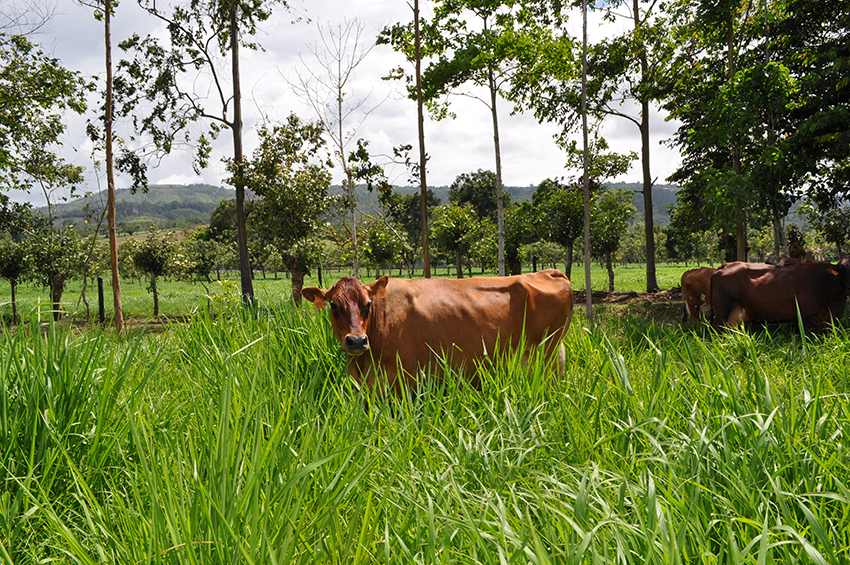
Expected outcomes of the event include:
- Sharing regional achievements in sustainable livestock farming, providing concrete examples of success to inspire and motivate other key players in the region to adopt similar practices.
- Encouraging a dialogue on the barriers hindering efficient development and the reduction of the carbon footprint in the regional productive sector.
Speakers at this event will include Muhammad Ibrahim, Director General of CATIE; Ángel Acosta, Deputy Secretary of Livestock of Honduras; Wendy Rodríguez, Director of the National Climate Change Office of the Secretariat of Environment and Natural Resources of Honduras; and Fernando Vargas, Deputy Minister of Agriculture and Livestock of Costa Rica.
Director General of CATIE will present a comprehensive proposal for the transformation of livestock in the region. Additionally, a panel discussion titled Learning from Practice: Cases in Sustainable Livestock Farming in SICA will be held, addressing crucial topics for the livestock sector.
"We cannot ignore the environmental challenges facing the livestock industry, but there are experiences that show the benefits of implementing silvopastoral systems and other good practices. That's why spaces like these are important to demonstrate that sustainable livestock farming can significantly contribute to reducing Greenhouse Gas Emissions, conserving biodiversity, improving adaptation to climate change, and its resilience," commented Ibrahim.
Finally, there will be a synthesis of the opportunities offered by sustainable livestock farming in the region, consolidating an event of relevance for the sustainable future of the livestock sector in SICA.
More information:
Claudia J. Sepúlveda L.
Leader
Livestock and Environment Management Unit (GAMMA)
CATIE
csepul@catie.ac.cr
Written by:
Karla Salazar Leiva
Communicator
Communications and Marketing Office
CATIE
karla.salazar@catie.ac.cr

